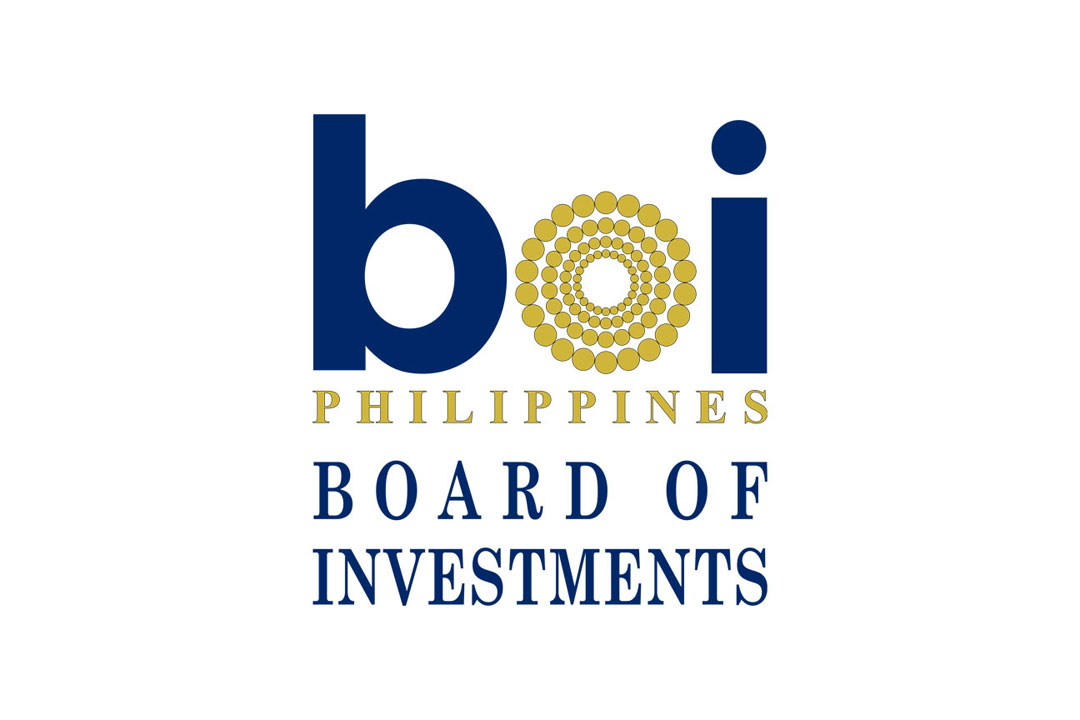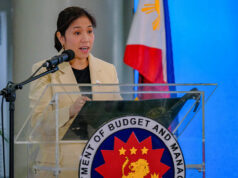IPA targets set for review after Q1 slowdown

By Justine Irish D. Tabile, Reporter
THE Department of Trade and Industry (DTI) will meet with investment promotion agencies (IPAs) to review their investment approval targets after the slowdown recorded in the first three months.
“We are still going to meet regarding that. But we are still really pushing, just like how we normally do,” Trade Secretary Ma. Cristina A. Roque said.
“Even in business, you always try to maintain (targets) or go higher. We do not wait until the last minute for us to really think of what measures to take,” she added.
In the first quarter, seven of the 13 IPAs reported approved investments worth P181.93 billion, down 43.7% from a year earlier.
For 2024, approved investments hit P1.958 trillion, up 32.7%.
Asked if the IPAs can match the P1.958 trillion in investment approvals posted in 2024, Ms. Roque said, “Of course we are hoping for that. I mean, that was what we hit last year, so this year, we should be able to replicate that.”
“We just have to make sure that we get it done. So we will really talk about it,” she added.
She said the IPAs will be evaluating the impact of US President Donald J. Trump’s reciprocal tariffs.
In April, Mr. Trump imposed tariffs on most trading partners, with a 17% duty set for Philippine goods. The reciprocal tariffs have since been suspended until next month, with a 10% rate applying to most countries in the interim.
“Our exports to the US are also substantial, right? So, that’s also another thing that we have to consider. But we try to look at the positive side. We try to be more strategic also in our approach to make sure that we reach our target,” Ms. Roque said.
In 2025, the Board of Investments (BoI) and the Philippine Economic Zone Authority (PEZA), which accounted for 93.8% of the approved investments last year, are hoping to raise P1.75 trillion and P250 billion worth of investment pledges, respectively.
As of May, the BoI has approved P329.52 billion in investment pledges. PEZA had approved P63.52 billion worth of pledges as of April.
Aside from roadshows and investment promotion missions, Ms. Roque said that she is also hoping for a newly signed joint memorandum circular (JMC) to drive investments.
“We are really making sure that it is a whole of government approach. All agencies are aware that we need to work together to at least achieve the goal of making it easy for anyone who wants to get their business moving,” she added.
On Monday, government agencies signed the JMC for the Investment Facilitation Network (INFA-Net), which is designed to harmonize investment facilitation strategies and improve support for investors.
“INFA-Net, formerly known as the Investments Promotion Unit Network, has evolved substantially since its establishment in 2007,” Ms. Roque said.
“Of the original 27 agencies that signed the first memorandum of agreement, we now have 38 member agencies working together to address common investor concerns from permitting and taxation to customs procedures and incentives,” she added.
Secretary Frederick D. Go, the special assistant to the President for investment and economic affairs, who is one of the JMC signatories, said that the document signifies the commitment of government agencies to creating an environment conducive to investments.
“From day one the administration of President Ferdinand R. Marcos, Jr. has been putting in place reforms to position the Philippines as an attractive investment destination in Southeast Asia to be able to provide thousands if not millions of jobs for our countrymen,” Mr. Go said.
He said that the government is currently being challenged by the high investment pledges booked last year.
The P1.958 trillion in 2024 approved investments “becomes the base that we have to beat in 2025 and all the way to 2028,” he said.
“All the more we need this kind of joint undertaking to really convince the investors that we are serious about improving the ease of doing business and improving the predictability of doing business,” he added.
He said that JMC is meant to improve the investment climate in the Philippines and make the country Southeast Asia’s “economic superstar.”



